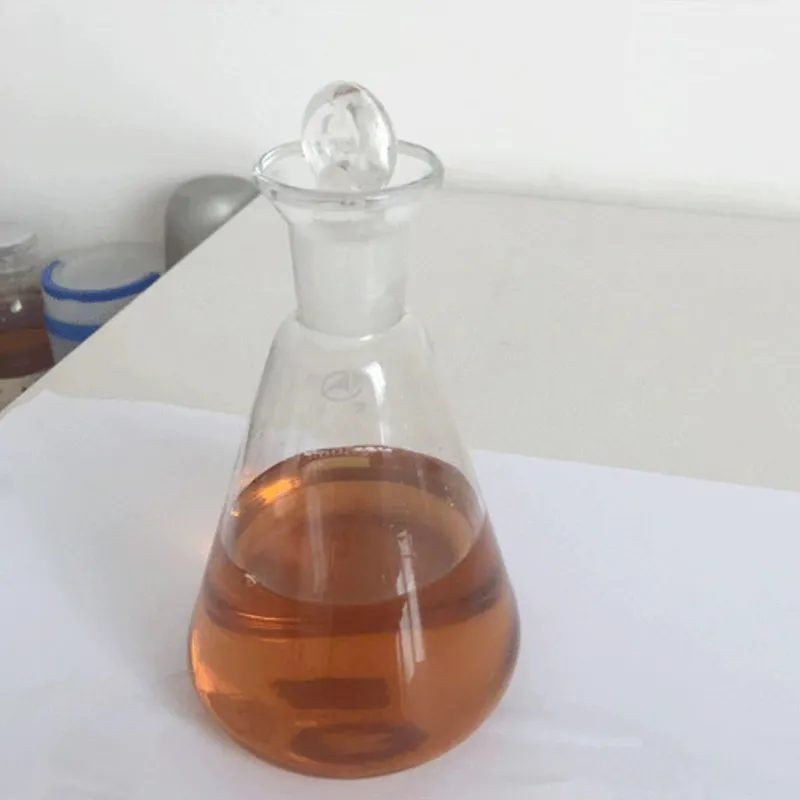
Exploring E920 Food Additive and Its Uses in Modern Food Products
Understanding E920 The Food Additive Derived from Animal Sources
In the complex world of food production, additives play an essential role in enhancing flavor, increasing shelf life, and improving texture. Among the many food additives, E920 stands out as a product that has generated discussions regarding its source and safety. E920 refers to L-cysteine, a naturally occurring amino acid that is primarily used as a dough conditioner in baking.
What is E920?
E920 is a food additive that can be obtained from various sources, including human and animal hair, feathers, and even the hooves of animals. It is a non-essential amino acid, which means our bodies can produce it naturally. In food production, L-cysteine serves multiple roles, particularly in the baking industry where it acts as a dough conditioner. It aids in gluten formation and improves the elasticity and extensibility of the dough, leading to better bread quality and texture.
Safety and Regulations
The safety of food additives is a critical concern for consumers and regulatory agencies alike. E920 is recognized as safe when used within specific limits. The European Food Safety Authority (EFSA) and the U.S. Food and Drug Administration (FDA) have approved L-cysteine for use in foods, classifying it generally as safe (GRAS). However, as with many additives, there are concerns about its source.
The production of E920 from human and animal hair has raised ethical questions, particularly regarding the treatment of animals and the methods of sourcing these raw materials. This has led to a growing demand for synthetic alternatives. Manufacturers now often produce L-cysteine through fermentation or synthetic processes, avoiding the ethical implications associated with animal-derived sources.
Uses of E920
e920 food additive

E920’s primary application in the food industry is as a dough conditioner. It is particularly common in the production of commercially baked goods, such as bread and pastries. By enhancing the quality of the dough, E920 helps bakers achieve consistent results, ensuring that products rise properly and have a pleasing texture.
Beyond baking, L-cysteine has other applications in the food industry, including as an antioxidant in processed foods. Its ability to prevent the oxidation of fats helps maintain nutritional quality while extending shelf life. Furthermore, E920 is sometimes used in flavoring enhancements and in the formulation of processed meat products.
Consumer Awareness and Alternatives
As consumers become more informed about food additives, many are choosing to avoid specific products based on their origins. The potential animal-derived sources of E920 can be a significant concern for vegetarians, vegans, and those who follow certain dietary restrictions due to ethical or religious beliefs.
In response to these concerns, the food industry is gradually shifting toward more transparent labeling and the use of plant-based or synthetic alternatives. For instance, certain companies have started to use a plant-derived form of L-cysteine or opt for other natural dough conditioners, such as ascorbic acid or enzymes, to meet market demands without compromising ethical standards.
Conclusion
E920, or L-cysteine, serves as a vital additive in the food industry, particularly in baking. Its ability to improve dough quality has made it a staple in many commercial products. However, the ethical considerations surrounding its sourcing from animal products cannot be overlooked. As consumer preferences evolve, the food industry may continue to adapt, providing more plant-based or synthetic alternatives to address safety, perception, and ethical sourcing. Ultimately, increased awareness and transparency in food production will empower consumers to make informed choices about the products they consume.
-
nitrile-rubber-honoring-strict-production-standardsNewsAug.22,2025
-
aspartame-ingredients-honoring-food-safety-valuesNewsAug.22,2025
-
fertilizer-for-balanced-plant-nutritionNewsAug.22,2025
-
cyanide-gold-processing-with-high-purity-additivesNewsAug.22,2025
-
formic-acid-in-textile-dyeing-applicationsNewsAug.22,2025
-
aluminum-hydroxide-gel-in-skincare-productsNewsAug.22,2025
-
Regulatory Compliance for Global Mining Chemicals UseNewsAug.12,2025
Hebei Tenger Chemical Technology Co., Ltd. focuses on the chemical industry and is committed to the export service of chemical raw materials.
-

view more DiethanolisopropanolamineIn the ever-growing field of chemical solutions, diethanolisopropanolamine (DEIPA) stands out as a versatile and important compound. Due to its unique chemical structure and properties, DEIPA is of interest to various industries including construction, personal care, and agriculture. -

view more TriisopropanolamineTriisopropanolamine (TIPA) alkanol amine substance, is a kind of alcohol amine compound with amino and alcohol hydroxyl, and because of its molecules contains both amino and hydroxyl. -

view more Tetramethyl Thiuram DisulfideTetramethyl thiuram disulfide, also known as TMTD, is a white to light-yellow powder with a distinct sulfur-like odor. It is soluble in organic solvents such as benzene, acetone, and ethyl acetate, making it highly versatile for use in different formulations. TMTD is known for its excellent vulcanization acceleration properties, which makes it a key ingredient in the production of rubber products. Additionally, it acts as an effective fungicide and bactericide, making it valuable in agricultural applications. Its high purity and stability ensure consistent performance, making it a preferred choice for manufacturers across various industries.





